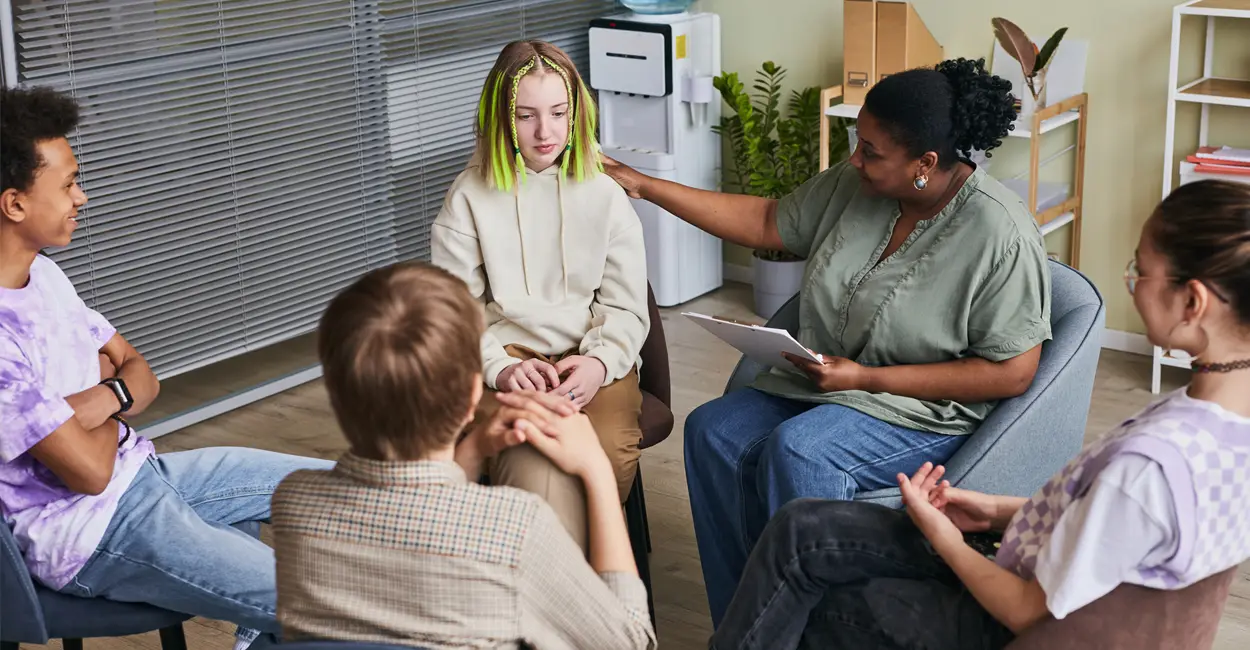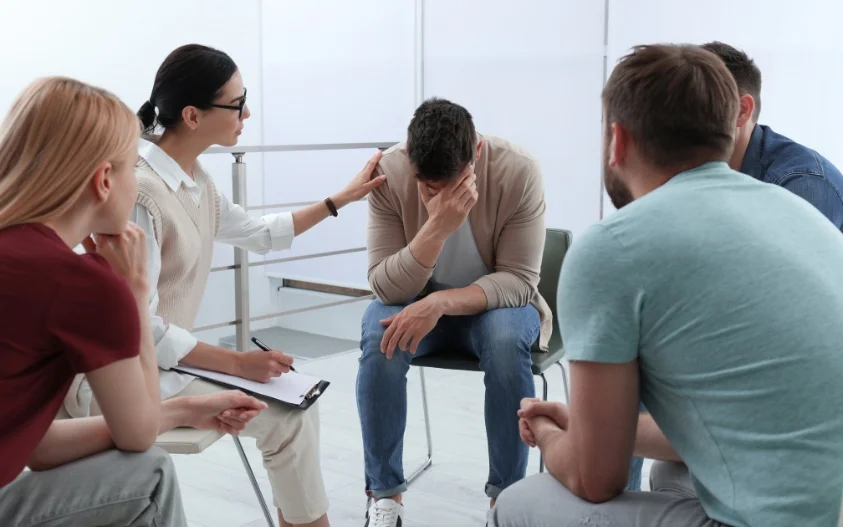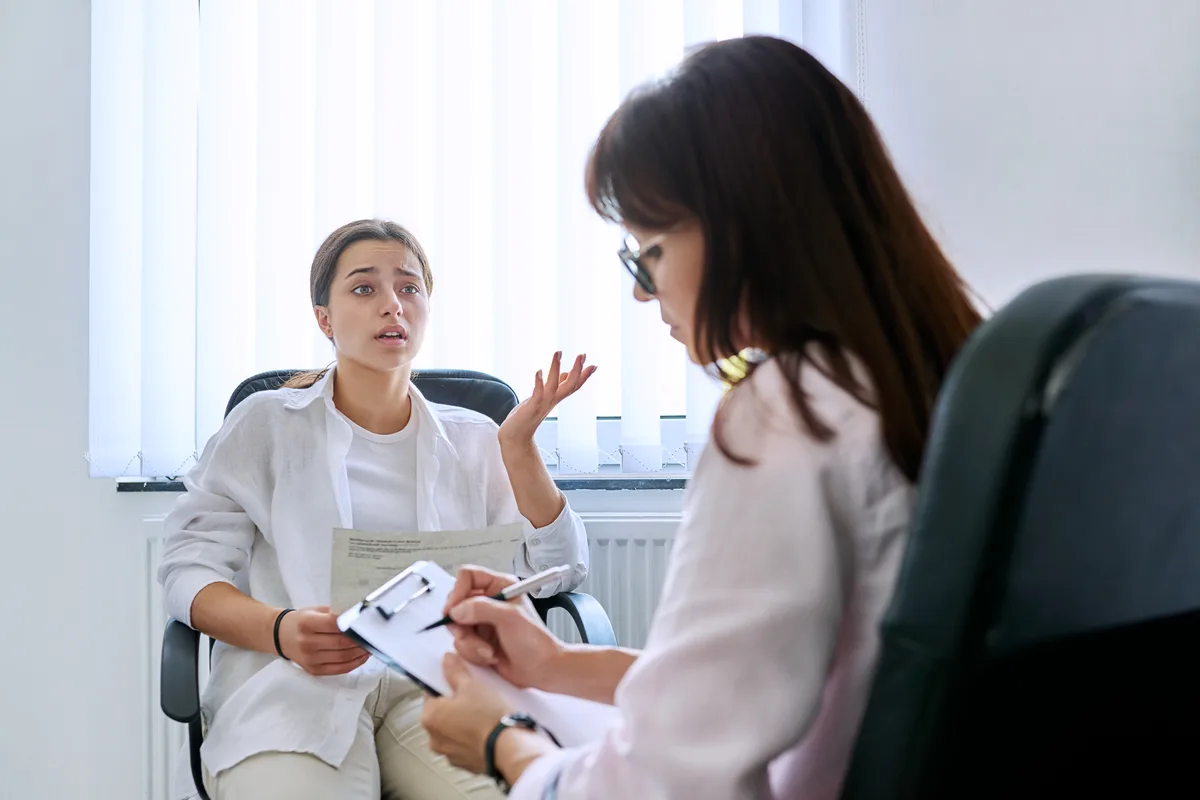24/7 Helpline:
(866) 899-111424/7 Helpline:
(866) 899-1114
Learn more about PTSD Treatment centers in Seminole
PTSD Treatment in Other Cities

Other Insurance Options

Holman Group

Regence

Kaiser Permanente

Health Partners

Coventry Health Care

Access to Recovery (ATR) Voucher

ComPsych

Sliding scale payment assistance

Aetna

BHS | Behavioral Health Systems

Amerigroup

Excellus

EmblemHealth
Beacon

BlueShield

Health Choice

Highmark

Horizon Healthcare Service

Magellan Health

BlueCross



























































